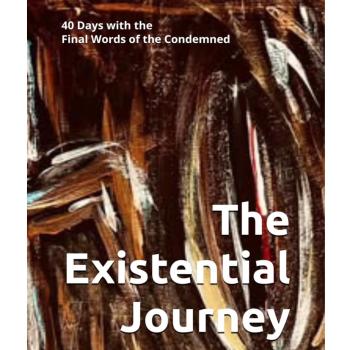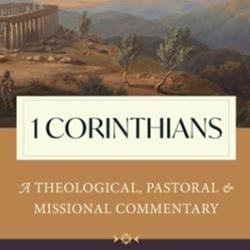But as I continued over the next couple of years, I had to admit to myself that this was only part of it. I believe that people engage in interfaith dialogue from a few different motives. The first motive -- "declaration" -- means talking to others purely to tell them what you think. In part, missionary work is premised on this motive. The missionary declares the message and you either agree with it, or not, but it's not a question of the missionary learning from you -- that's not his or her job.
I was encouraged to follow the "declaration" model while on my mission. But honestly, I never really warmed up to it. I feed off the ideas of others, and you can't do that when you don't allow room for other voices. I found that I did my best thinking when other voices were being heard.
This might suggest that I was more motivated by what I'll call "inquiry" -- the pure pursuit of knowledge. We all like to think of ourselves as open-minded people. But very few of us are truly so, and I'm no exception. I discovered this through debating repeatedly with those of other faiths -- my primary concern in learning from religions like Evangelicalism, or Greek Orthodoxy, or Judaism, was not in finding out how they felt about their beliefs, but rather, how I could benefit from those beliefs in my own religious life. The point was driven home hardest during one particularly tough theological debate. Despite the difficulty I was having defending my own religious beliefs I found myself just as exhilarated as I was frustrated. All I could think about was how much stronger my own Mormon ideas would be after being so severely tested by the best arguments of another strong faith tradition. I wasn't enjoying what they believed. I was enjoying how it illuminated what I believed.
I had to face the uncomfortable facts. My dialogue with other religions was very self-centered and opportunistic. I felt like some sort of thief in a foreign king's treasury, pocketing gold and jewels to show back home. With the riches of Christian tradition before me, my only concern was whether they would look nice on Mormonism or not. Some pure seeker of truth I turned out to be.
So, if I was motivated neither by desire to declare a message, nor to inquire about the world, what was motivating me to submit to these difficult challenges of my beliefs?
What I discovered is that there is a third general motive for engaging in interfaith discussion -- identity. Human beings are relational creatures. We define ourselves as much by our relationships to other beings as by what we are internally. In this sense, entering a discussion with another person is as much an attempt to discover what we are, as it is to learn what the other person is. This seemed to be especially true of my own personality. I mentioned earlier that most of my best thinking is not original material. I think best by bouncing ideas off of other people. I found I needed the ideas of others. Not simply to understand those ideas, but to use those ideas as a launching pad for my own.
This identity motivation can definitely be misused. I have seen both Mormons and their opponents within the Christian world enter into debates almost solely for the purpose of labeling the other side as different from their own people -- sometimes with little regard for accurately portraying the other side. One of my friends calls this "boundary maintenance" -- the use of debate solely as a means of separating one group from the other. While boundaries can be socially useful, it is truly a shame when we erect them in reference to a set of assumptions about our neighbors that are either misleading or false. It is even worse when we come to value those boundaries so highly that we become incapable of correcting these caricatures and misconceptions for fear it may endanger our protective wall. And worst of all is when the obsession with maintaining the wall starts to twist even our perception of our own beliefs.
These are great risks indeed. But I believe they can be avoided. The key is avoiding self-satisfaction and complacency. Identity is a constant struggle for each of us, and I do not believe it is ever finished. None of us can afford to become content in our own beliefs or our understanding of others' beliefs. We must always keep firmly in mind how utterly lost and mistaken we all are, and how urgent it is that we find our place among our fellow human beings. This requires a great deal of persistence and refusal to settle into places of comfort in our beliefs. The moment we think we have it all figured out is the moment we are truly lost. But persistence is not enough. We also have to maintain a strong sense of humility -- willingness to be completely wrong.
This sort of flexibility, coupled with tenacity is a hard mix to live with. To be frank, it is sometimes utterly exhausting. But the alternative for me is spiritual stagnation. I need to find out who I am, and who other people are to me. To that end, interfaith dialogue is neither a soapbox for me to force my set conclusions on others, nor an opportunity to soak in some sort of objective reality. It is a dynamic and changing struggle for self-definition. It comes with some real risks, but potentially a big payoff as well.
Wish me luck.
Seth Rogers is a bankruptcy attorney in Colorado, husband, and father of three. He blogs at nine-moons.com.




